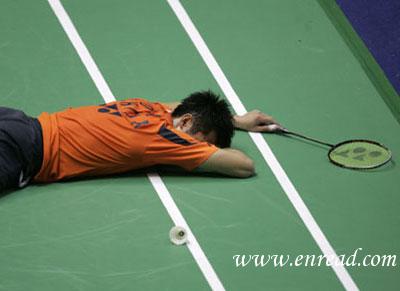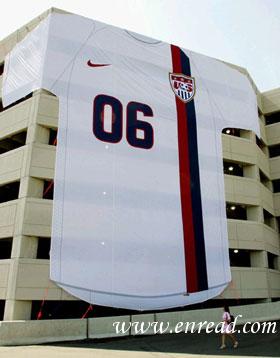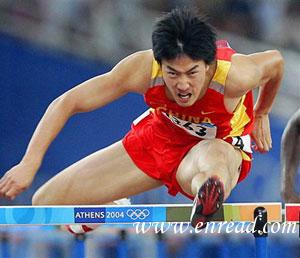2007年11月13日 等咱有了钱……
|
北京银行(Bank of Beijing)10月上市时,受益人中有一位年仅10岁、名叫郑宇轩的孩子。最初"投资"时,郑宇轩不过是个蹒跚学步的孩子。现在,他已是一名千万富翁。很多中国人都在赚大钱。今年,《福布斯》(Forbes)杂志公布了66位拥有10亿美元以上财富的中国富豪,较去年的15位有大幅增加。 When Bank of Beijing issued shares last month, among the beneficiaries was a 10-year-old called Zheng Yuxuan, who first invested when no more than a toddler and is now a multi-millionaire. Lots of Chinese are making big money. Forbes magazine found 66 dollar billionaires in China this year, up from 15 last year. Alibaba.com, an internet company, has just raised $1.5bn (££714m), for example, creating a host of new customers for the Bentley and Maserati dealerships in its corporate home town of Hangzhou. And as long as little Yuxuan and the 83 other under-18 shareholders in Bank of Beijing can access their wealth (and cynics say some may not fully control their portfolios), they will not want for ways to spend it. Deng Xiaoping seems never to have said "To Get Rich is Glorious" - but the late reform architect embraced the idea and there are plenty of Chinese demonstrating how to glory in conspicuous consumption. Not all onlookers enjoy the show. A series of semi-rhyming text messages circulating on mobile phones and the internet recently suggest conflicted feelings among a population that has seen inequality grow even as general living standards rise. "When we get money, we'll drink bean milk and eat greasy bread sticks, dipping them in white sugar or red sugar, whichever we damn want. We'll buy two bowls of bean milk, drink one and throw the other away," runs one of the half-envious, half-mocking text messages. But China's rich are far past the bean milk stage, with some paying $17 for an imported apple or Rmb1.7m (££109,000) for a car number plate. "When I get money, I'll buy a luxury car, a Mercedes Benz or a BMW, whatever I want. I'll buy two at a time, one to drive and the other to tow along behind," runs a text message riposte. Bitterness is fuelled by the means by which many of the rich get their money. Property developers are heavily represented on the Forbes list, titans of a trade criticised as the art of using political clout to get other people's land at low prices. The wasteful consumption of the rich is also a central theme of the text satires. "When we get money, we'll go to hotels to look for hookers, local hookers or foreign hookers, whichever we damn want. We'll get two, use one and send the other back," runs one. Still, most Chinese seem more focused on making their own fortunes, rather than resenting the success of others. "When we get money, we'll drink beer and eat barbecue. We'll eat meat and drink pricey beer, whatever we damn want," writes one anonymous text messenger. "We'll buy two bottles of beer, drink one - and then drink the other one." The wealth of people such as little Yuxuan and the Alibaba team may get the attention, but China's economic success should really be measured by how it meets such modest meat-and-beer aspirations. |



![商务细节之个人创业[英语漫画]](/uploads/hangye/2023/12/07/08190218550.gif)
![商务细节之玩转公关公司[英语漫画]](/uploads/hangye/2023/12/07/08190335360.gif)



